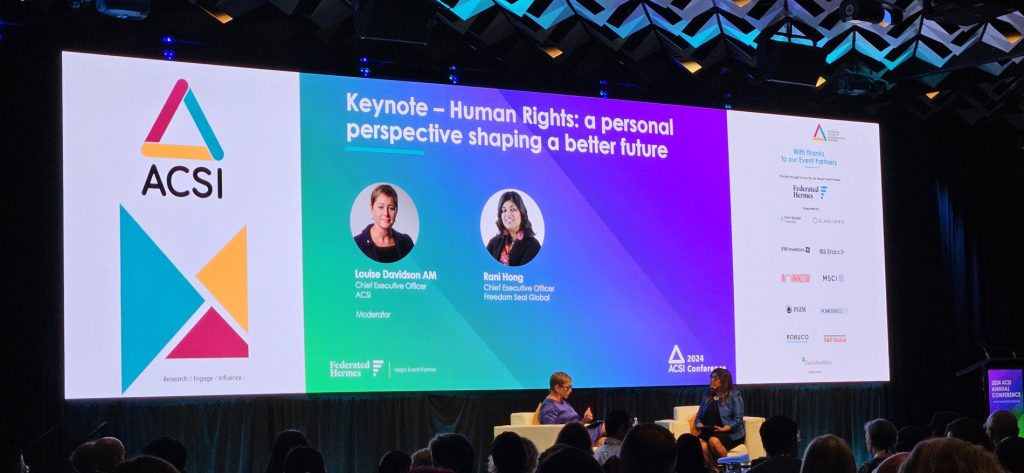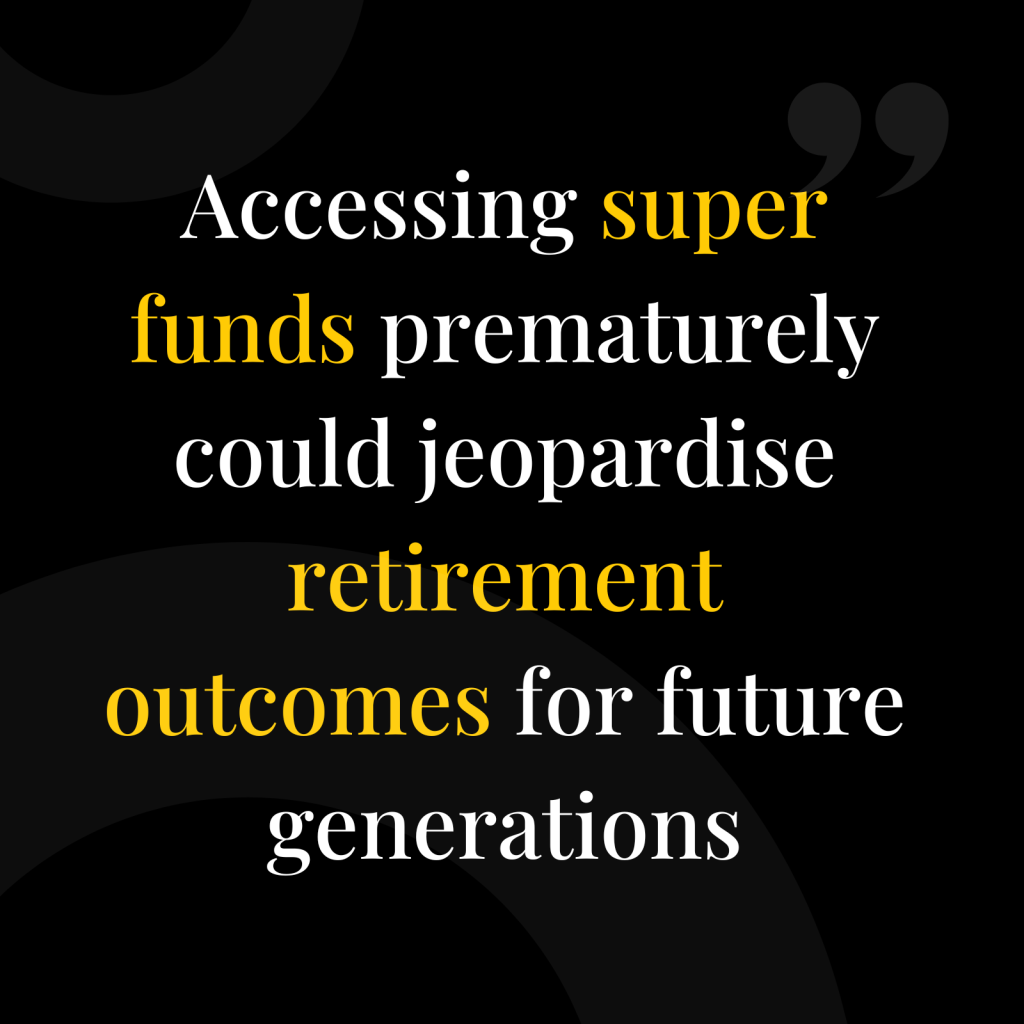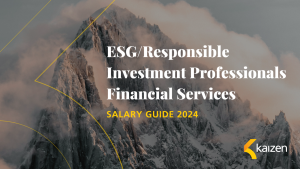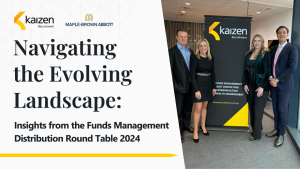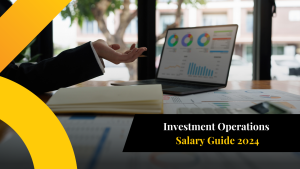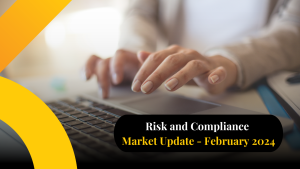ACSI Conference 2024 – Navigating ESG Challenges and Opportunities Across the Australian Business and Investment Landscape
Simon Gvalda; Kaizen Recruitment’s ESG, Sustainability and Responsible Investment recruitment expert; had the privilege of attending the ACSI Conference 2024 last Thursday, 14th of March and has shared his insights on what was discussed at the conference.
Australian companies are facing heightened expectations amidst a backdrop of pressing issues, including the urgent need to address climate change, exemplified by 2023 being the hottest year on record. Despite progress, such as increased female representation in ASX 200 boardrooms (with 38% of ASX200 board positions represented by women, challenges remain. Notably, 70% of ASX200 companies now reporting on climate change with this number to increase with the upcoming mandatory climate reporting requirements in July 2024. This reflects a growing awareness of environmental responsibilities. The transition to a low-carbon future is anticipated to impact investment returns for generations to come, highlighting the importance of long-term strategies. Additionally, the emergence of AI presents both opportunities and risks, requiring careful consideration from entities like ACSI and the investment industry focused on the future.
Modern Slavery and Human Rights
The discussion on modern slavery offers a poignant personal perspective, highlighting the staggering number of individuals trapped in forced labour worldwide. This is estimated at 50 million people worldwide, including an estimated 41,000 people in Australia today.
Thank you, Rani Hong for your courageous recounting of your own harrowing experience of being stolen from your mother at just age 7 and sold into slavery with every human right violated and taken away. Your story underscores the urgency of addressing this pervasive issue. It emphasises that modern slavery is not just a human rights concern but also poses significant financial risks. The scale of the challenge necessitates collective action, with a focus on transparency and benchmarking in supply chains. Encouragingly, efforts by companies and investors are beginning to drive change, although there’s much work to be done. Industries such as mining, fishing, and fast fashion are particularly susceptible, emphasising the need for heightened vigilance and proactive measures to combat modern slavery. We need to remember this is about individual human lives.
ASIC Address – The Government Perspective
The address by ASIC emphasises the importance of transparency in achieving better outcomes and accountability across various areas, including cybersecurity, cost of living, financial impacts, greenwashing, and the economy. It stresses the need for substantiated data to support any claims related to environmental sustainability. Additionally, investors are highlighted as crucial stakeholders in ensuring effective governance, particularly through responsible stewardship, especially when they hold significant material holdings.
Directors Panel
The directors panel highlighted the critical importance of trust from the community and the need for transparency to rebuild it when issues arise. Boards are urged to actively question and influence management to prevent trust erosion. The discussion also focused on adopting a holistic approach to addressing climate change throughout business operations and supply chains. Concerns were raised about the rapid pace of mandatory compliance without sufficient preparation. Alana emphasised the significance of having a clear purpose to guide decision-making and collaboration, even amidst differing viewpoints. Looking ahead, the panel identified data and cybersecurity, alongside the rapid pace of change, as major challenges requiring careful prioritisation of resources and energy.
AI: Current and Emerging ESG Risks
The discussion on AI’s current and emerging ESG risks underscores the rapid evolution of AI technology, outpacing regulatory oversight. Telstra’s integration of AI highlights its potential for improving operational efficiency, particularly in customer service. However, Australia’s low trust in AI necessitates stronger governmental protections and transparency from companies. Ethical concerns regarding AI usage emphasise the importance of privacy law reform and the need for safeguards to protect sensitive information. While not everyone needs to be an expert, greater awareness and understanding of AI’s implications are crucial. Standards development aims to facilitate informed decision-making and access to guidance. Additionally, considerations regarding data storage and usage, as well as AI’s potential in addressing issues like modern slavery, further underscore the need for responsible AI implementation and regulation.
The Positive Duty and Workplace Culture
The discussion highlighted the prevalence of sexual harassment in Australian workplaces despite the introduction of laws in 1984, with alarming statistics indicating its widespread occurrence. Factors such as power imbalances, lack of accountability, gender inequality, and diversity gaps contribute to this issue. Although there’s growing recognition of its importance, particularly among ASX200 boards, addressing sexual harassment requires a shift towards supporting affected individuals and fostering a culture of prevention rather than solely focusing on disciplinary measures against the offending party. The emphasis needs to be on changing internal culture to prevent harassment and providing comprehensive support when incidents do occur, prioritising the well-being of those affected over legal considerations.
The Energy Transition Risks and Opportunities
The discussion on the energy transition outlined the immense challenges and opportunities associated with transitioning to net-zero requirements by 2050. This transition will not only require significant engineering efforts but will also impact financial and capital markets. The opportunities that extend beyond domestic grids, including exporting energy to neighbouring Asian countries, however, this is contingent upon resolving domestic power generation issues and achieving an energy surplus. Vertical integration across the energy transition presents significant potential, as does partnering with First Nations communities for economic development opportunities and engaging them in project development from the outset. There has been a significant increase in joint capital ventures with countries like South Korea and Japan offer further avenues for energy generation. Additionally, Australia is witnessing substantial investment in large-scale battery infrastructure projects (including an 850W battery in the Hunter Valley), indicative of the country’s commitment to renewable energy. While challenges persist in securing natural resources for the energy transition, Australia stands to capitalise on developing supply chains and value-added opportunities in minerals and resources, including the potential for green iron and steel production. However, funding for these projects largely relies on offshore debt due to the Australian finance sector’s limited risk appetite for long-term ventures.
The Investor Perspective – In Conversation with Super Fund Leaders
The Australian superannuation system is highly regarded and is the envy of many nations around the world. With five million Australians nearing retirement, the focus remains on providing long-term financial security. However, there’s concern that accessing super funds prematurely to address immediate cost-of-living and housing challenges could jeopardise retirement outcomes for future generations and undermine the benefits of long-term investing. Younger generations expect sustainable long-term returns from superannuation investments. Addressing Australia’s complex challenges requires navigating trade-offs, particularly regarding the transition to a net-zero future, amidst capital shortages both domestically and globally.
Thank you to all the conference speakers and also, we’d like to thank ACSI for putting on another incredible and informative conference and look forward to next year.
Get in Touch
Kaizen Recruitment specialises financial services recruitment across funds management, wealth management, superannuation, investment consulting, ESG, and insurance. We are based in Melbourne and Sydney. If you’d like to discuss candidate career drivers and the current stats of the financial services recruitment landscape, please contact Simon on 0412 122 593 or email at simon@kaizenrecruitment.com.au or get in touch with our team below.
Like what you see?
Please feel welcome to join
Kaizen Recruitment’s mailing list
